The Unseen Script: How Media Infiltration Shapes High-Profile Investigations
Witness testimony uncovers troubling media access to ongoing judicial probes. Explore how alleged leaks compromise fairness and public trust in Taiwan's high-stakes political cases.
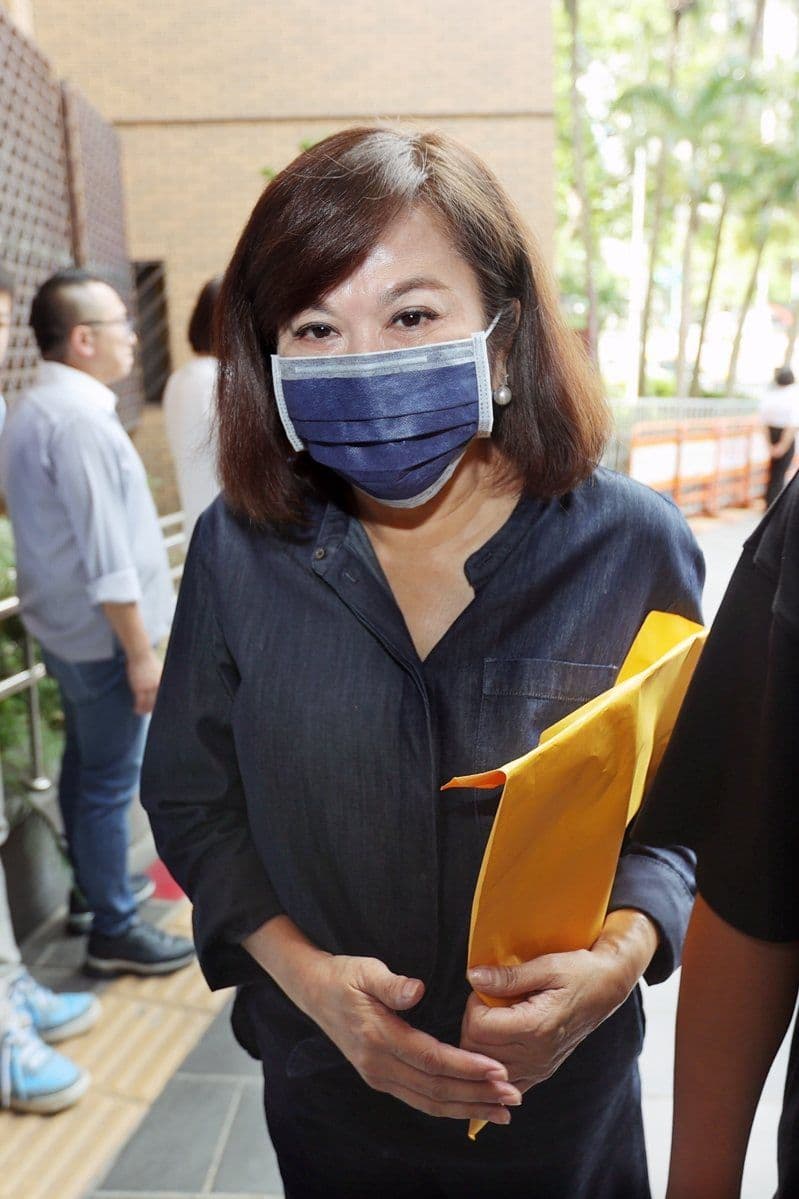
The Unveiling Testimony: A Glimpse Behind the Curtains
The ongoing trial of , former chairman of the , on charges of alleged embezzlement and illicit gains, took an unexpected turn with the recent testimony of Keelung City Deputy Mayor . Her appearance in the inadvertently pulled back the curtain on the murky interplay between judicial investigations and media reporting in . Chiu revealed a striking detail: between her first police interrogation on October 8, 2024, and her second on November 7, 2024, she was contacted by , president of (Jing Zhou Kan). On October 21, 2024, Pei Wei met her at the magazine's office, showing her a paper with names and donation amounts, seemingly derived from an Excel file, and questioned her about its contents. What makes this particularly concerning is that Chiu herself admitted she didn't realize at the time that this constituted a leak of confidential investigation material. Ko Wen-je's defense team swiftly seized on this, with Ko himself later expressing profound shock, alleging that the judiciary was openly colluding with the media, effectively turning them into political instruments. This explosive revelation immediately raised eyebrows, suggesting a potential breach of investigative integrity right at the heart of a high-profile case.
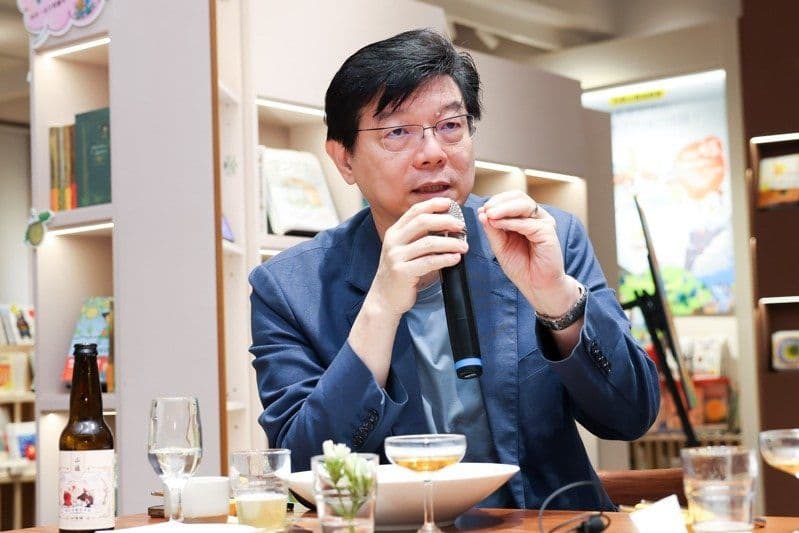
Navigating the Ethical Minefield: Media, Investigations, and Information Boundaries
Chiu Pei-lin's candid testimony isn't just a side note in a corruption trial; it thrusts Taiwan's media-judicial landscape into a critical ethical spotlight. The principle of '偵查不公開' (confidentiality of investigation) is fundamental to ensuring fair trials and protecting individuals' rights. When sensitive details, like an Excel file listing donors and amounts, allegedly leak from an ongoing probe to a media outlet, it throws due process into disarray. How did gain access to such specific, ostensibly confidential information? Pei Wei reportedly didn't disclose his source to Chiu, leaving a gaping hole in accountability. Even more puzzling was the alleged lack of reaction from the prosecutor during Chiu's subsequent interrogation when this media interaction came to light. This apparent indifference, if true, suggests a worrying complacency or perhaps a systemic issue within the investigative process. The defense's act of presenting the Mirror Media report as 'criminal evidence' underscores the gravity of the situation, highlighting how such leaks can not only compromise investigations but also become central to the legal arguments themselves, turning journalistic scoops into potential evidence of wrongdoing within the system.
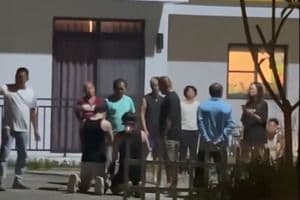
The Echo Chamber: How Alleged Leaks Impact Public Trust and Legal Narratives
The implications of alleged information leaks extend far beyond the courtroom, reverberating through the public sphere and significantly shaping legal narratives. When media outlets publish details from ongoing investigations, especially those involving prominent figures like , they risk creating a 'trial by media.' This pre-trial publicity can sway public opinion, potentially prejudicing potential jurors and making it harder for the public to objectively assess evidence presented in court. Ko Wen-je's fiery accusation that the judiciary is 'colluding with media to become political hitmen' speaks volumes about the erosion of public trust. Such statements, fueled by concrete instances like 's testimony, foster a perception that the legal system might be influenced by external forces or political agendas, rather than operating with impartial justice. In an age of rapid information dissemination, these leaked fragments, often devoid of full context or judicial verification, can quickly establish a dominant narrative, making it incredibly challenging to disentangle facts from speculation. This not only damages the reputation of those under investigation but also chips away at the foundational belief in a fair and unbiased justice system.
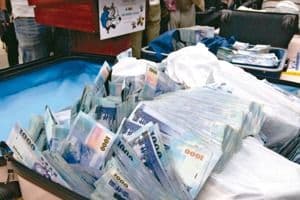
Safeguarding Justice: Towards Greater Transparency and Accountability
The revelations from 's testimony serve as a stark reminder that robust mechanisms are urgently needed to safeguard the integrity of judicial investigations and rebuild public trust. Preventing the leakage of confidential information must be a top priority for prosecuting bodies, perhaps through stricter internal protocols, enhanced digital security, and clear accountability for any breaches. For the media, while the pursuit of truth is paramount, there's a critical need for self-reflection on ethical boundaries when reporting on ongoing investigations. Perhaps industry-wide discussions on responsible journalism, or even revised legal frameworks that better balance press freedom with the right to a fair trial, are overdue. Ultimately, restoring faith in both the judiciary and the press hinges on a commitment to greater transparency, not through leaks, but through timely and accurate information dissemination after due process allows. This means holding those who leak accountable, expecting media outlets to verify sources rigorously, and fostering an environment where justice is served fairly, without the shadow of external influence or the distorting lens of premature public narratives.
Related Articles
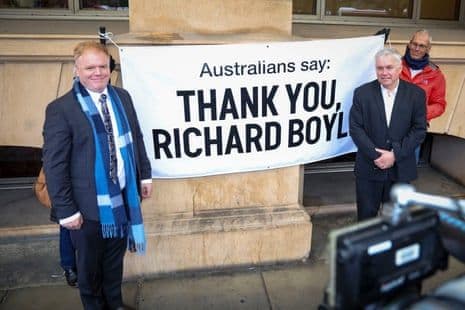
Richard Boyle's Echo: Why His Fight for Transparency Demands a New Era of Protection

Richard Boyle's Echo: Why His Fight for Transparency Demands a New Era of Protection
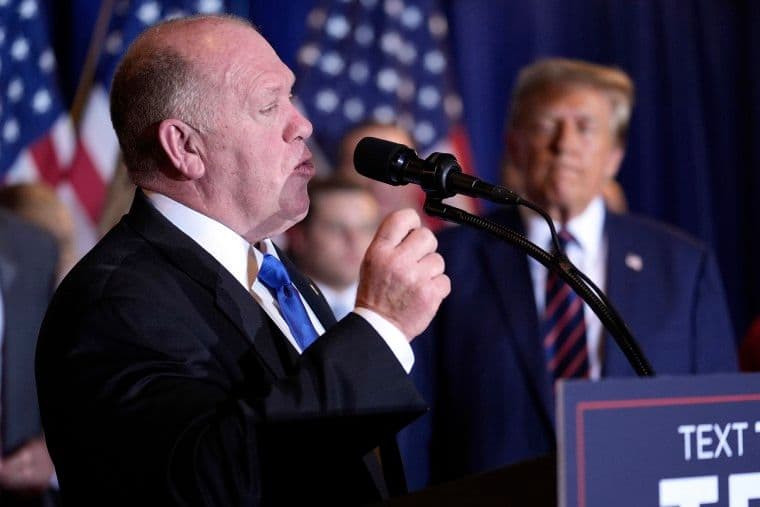
The 'Deep State' Label: How Political Currents Swallowed a High-Profile Corruption Probe

The 'Deep State' Label: How Political Currents Swallowed a High-Profile Corruption Probe
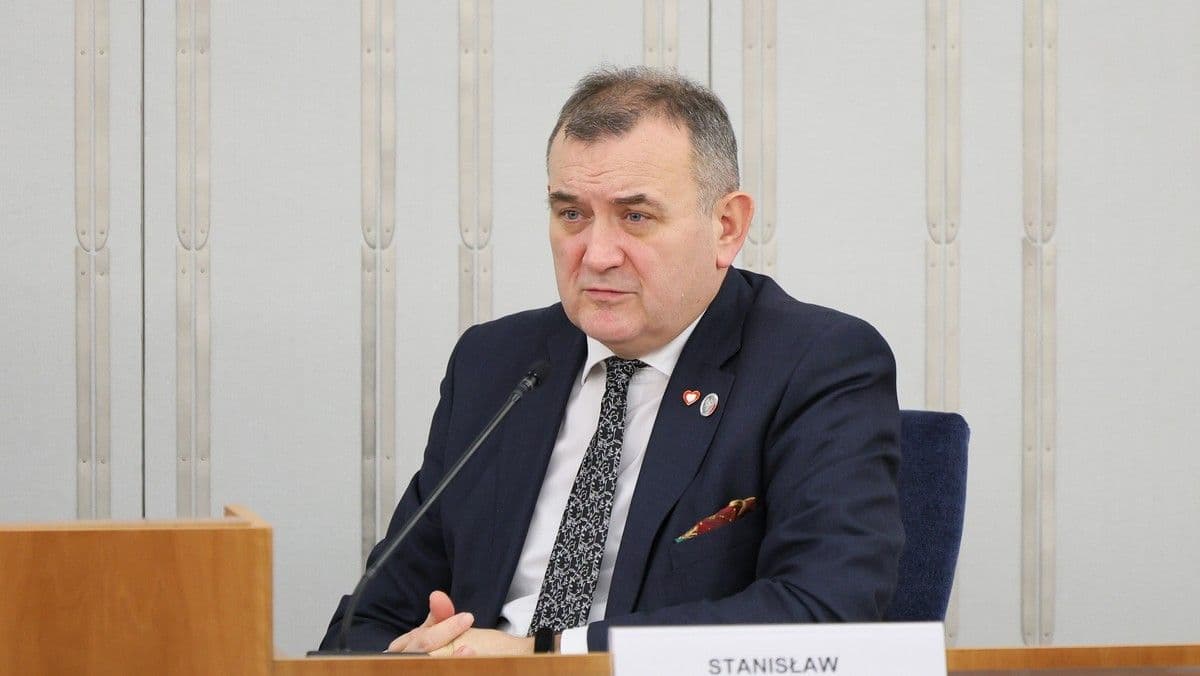
The Lingering Question: Stanisław Gawłowski, Political Justice, and the Appeal for Truth

The Lingering Question: Stanisław Gawłowski, Political Justice, and the Appeal for Truth
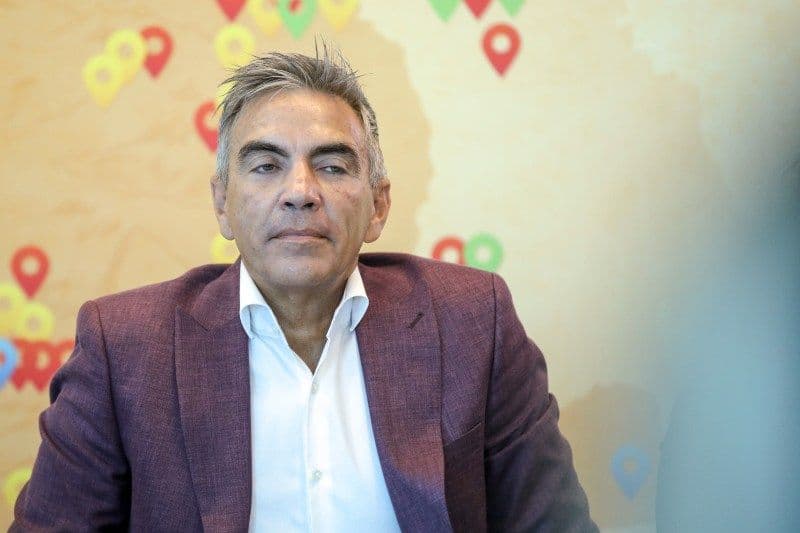
The Eight-Year Extortion: Unmasking the ANAF Inspector's 'Protection Tax' Empire
